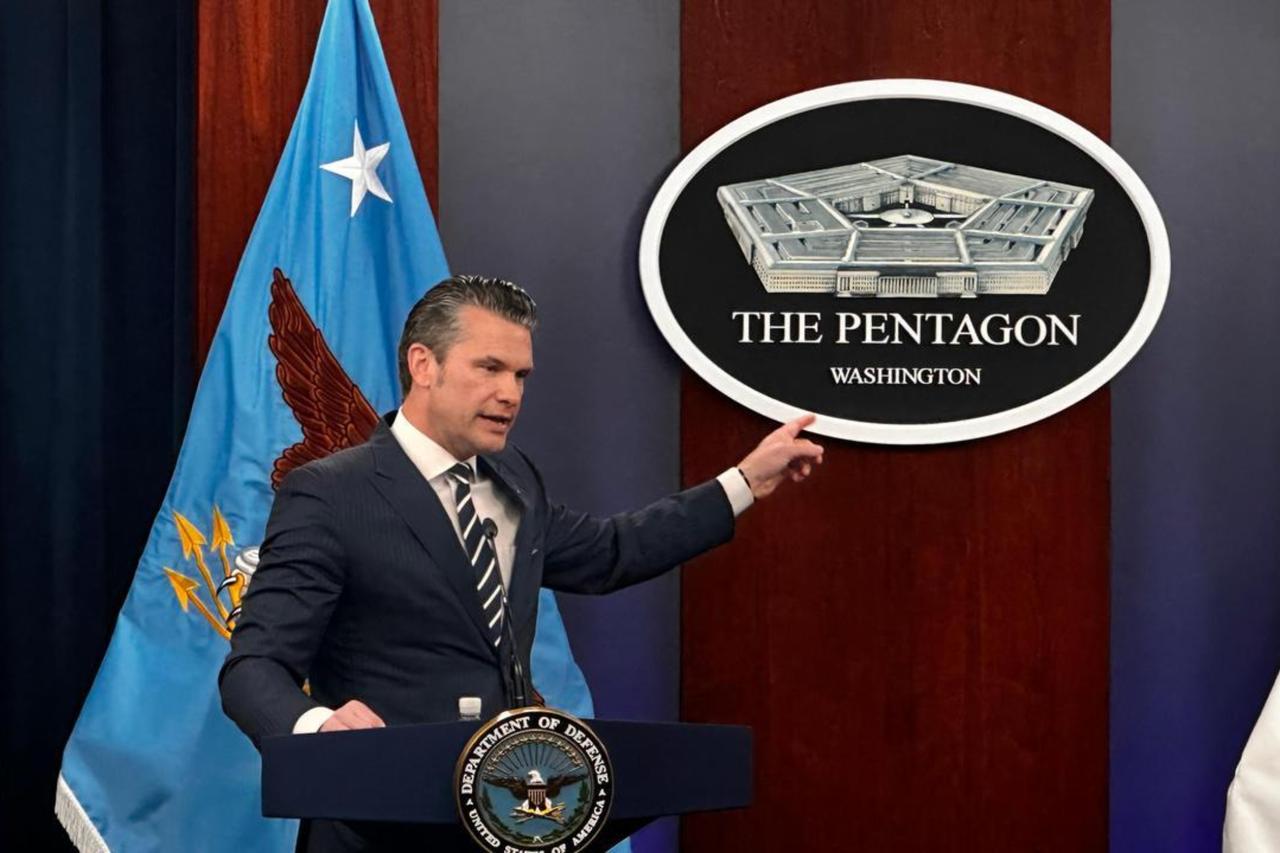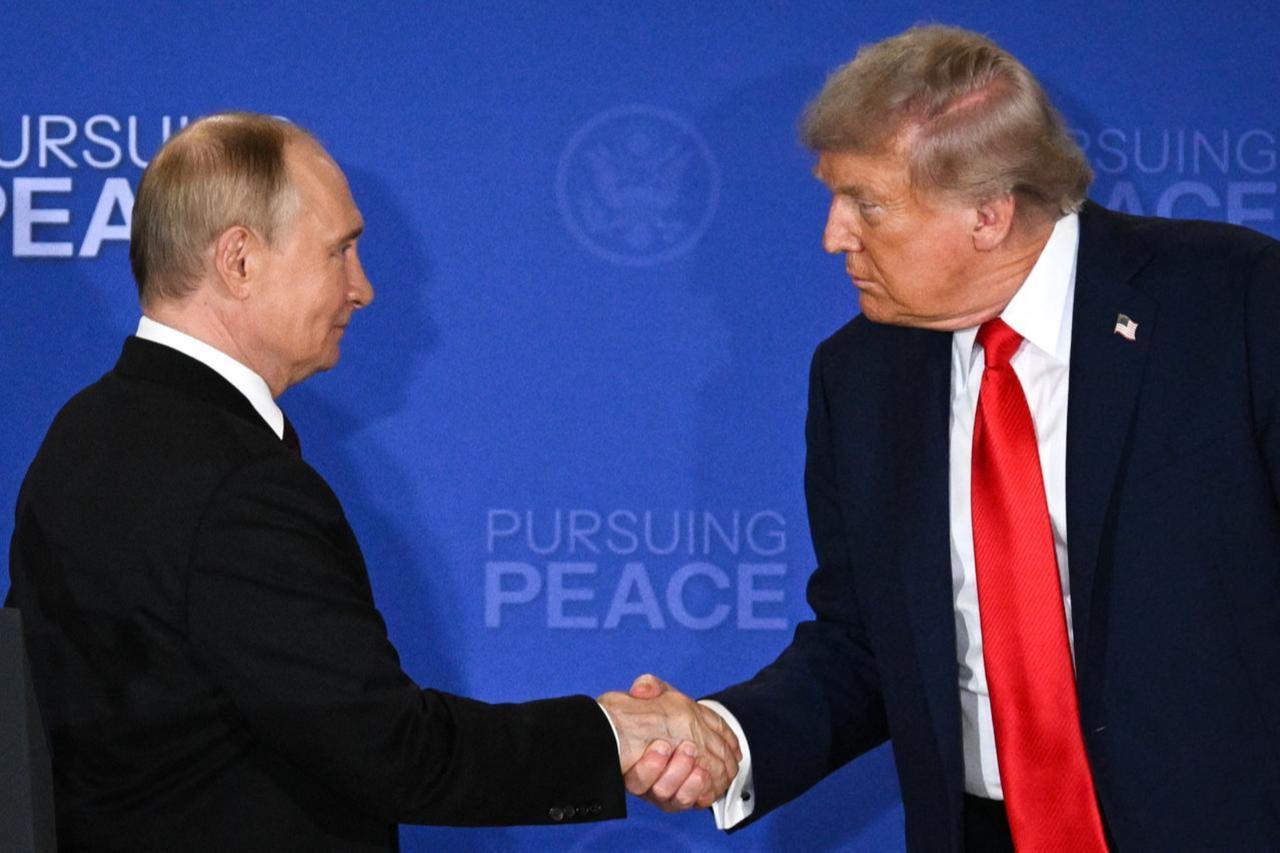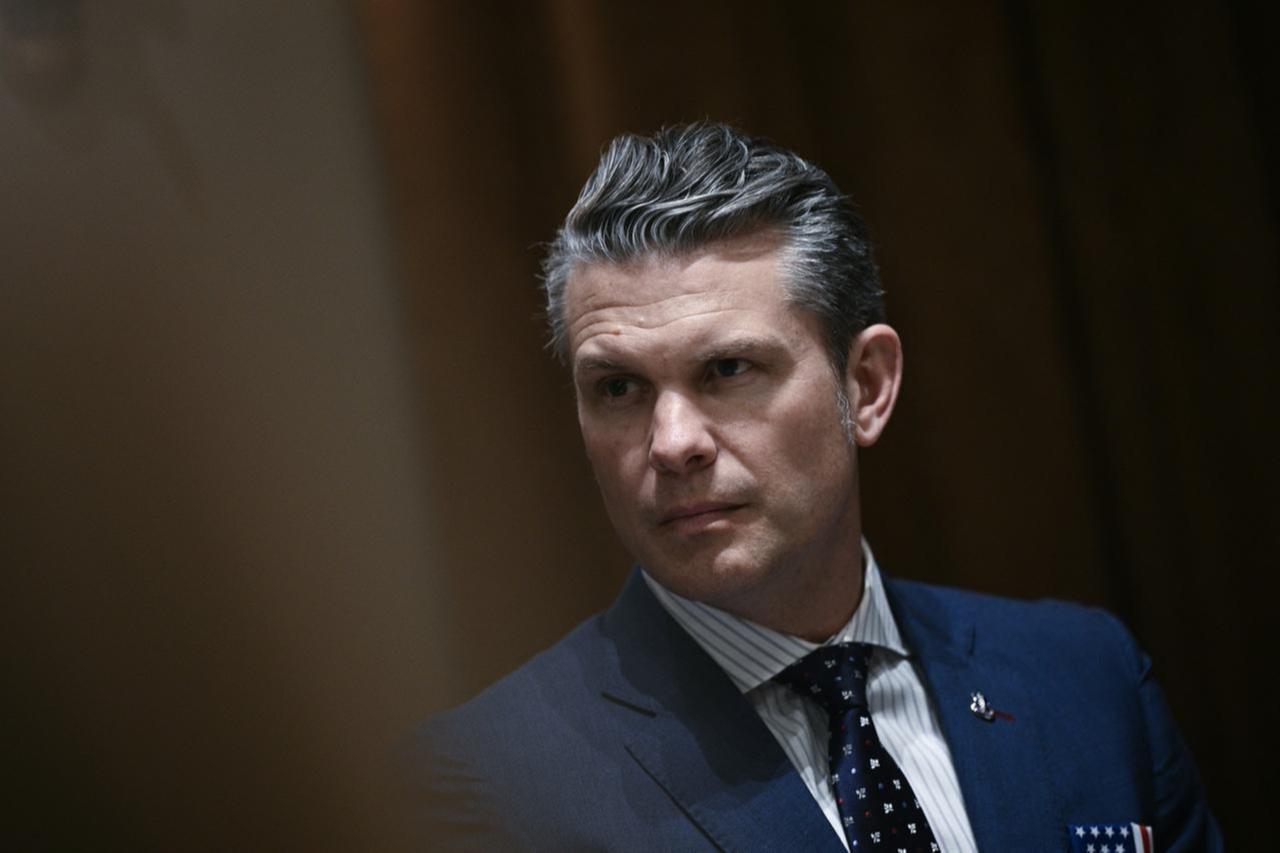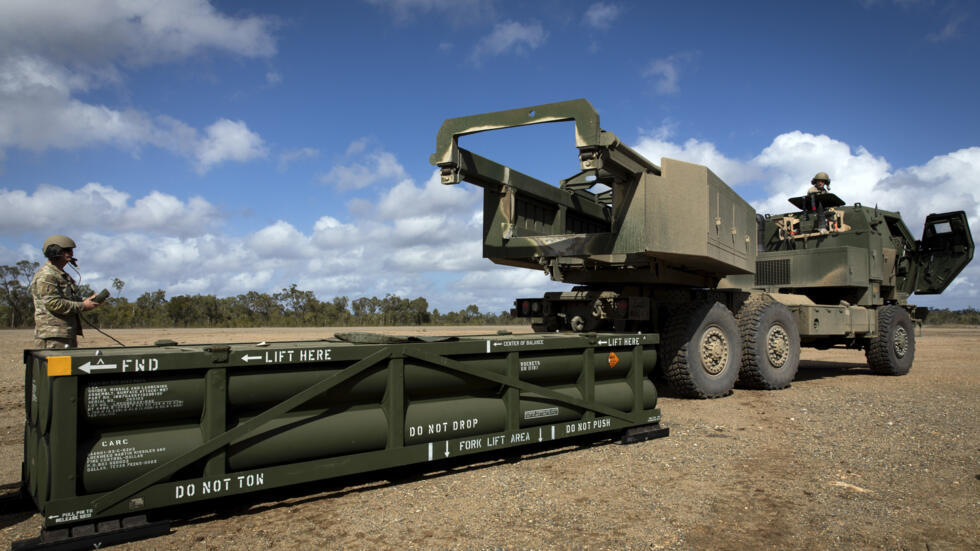
The Pentagon has quietly blocked Ukraine from using a U.S.-made long-range missile system against Russia, with final approval resting with Defense Secretary Pete Hegseth, The Wall Street Journal reported Saturday.
The move is restricting Kyiv’s ability to employ the missiles in its defense.
The development comes as U.S. President Donald Trump has grown increasingly vocal about his frustration with the three-year war.
According to officials, an undisclosed high-level approval process within the Defense Department has blocked Ukraine from launching any U.S.-supplied long-range ATACMS missiles against Russian targets since late spring.
On at least one occasion, Kyiv requested to use the rockets against Russian territory but was denied, two officials confirmed, the Journal reported.

Following a summit with Russian President Vladimir Putin and subsequent meetings with European leaders and Ukrainian President Volodymyr Zelenskyy, Trump said Friday he is again weighing the option of imposing economic sanctions on Moscow or potentially withdrawing from the peace process altogether.
Trump has sought to organize a one-on-one meeting between Putin and Zelenskyy, but efforts have stalled.
Russian Foreign Minister Sergey Lavrov told NBC on Friday that no agenda had been prepared for the meeting.

The Journal reported that Pentagon policy chief Elbridge Colby created a “review mechanism” to evaluate Ukraine’s requests to use U.S.-made long-range weapons, as well as European systems dependent on U.S. intelligence or parts, adding that final approval rests with Hegseth.
Trump wrote Thursday on social media that Ukraine could not defeat Russia without being able to “play offense,” stressing: “It is tough, if not impossible, to win a war without attacking ... There is no chance of winning!”

U.S. officials said his remarks did not indicate a shift in policy or the removal of the Pentagon’s review mechanism limiting Ukraine’s use of the ATACMS and other long-range Western weapons.
But a senior White House official noted that Trump could still change course and allow broader offensive operations against Russia.